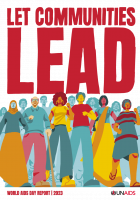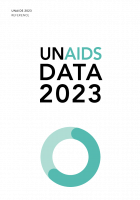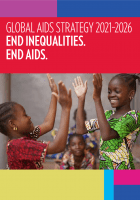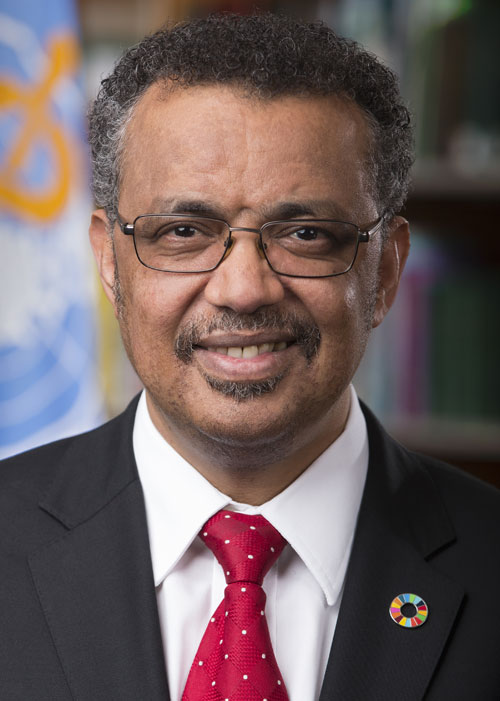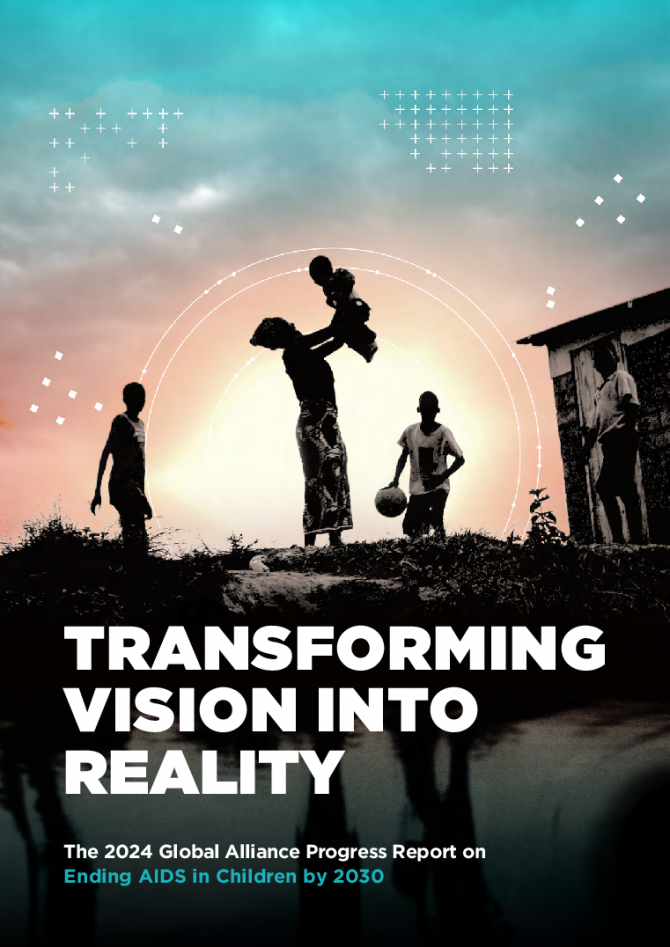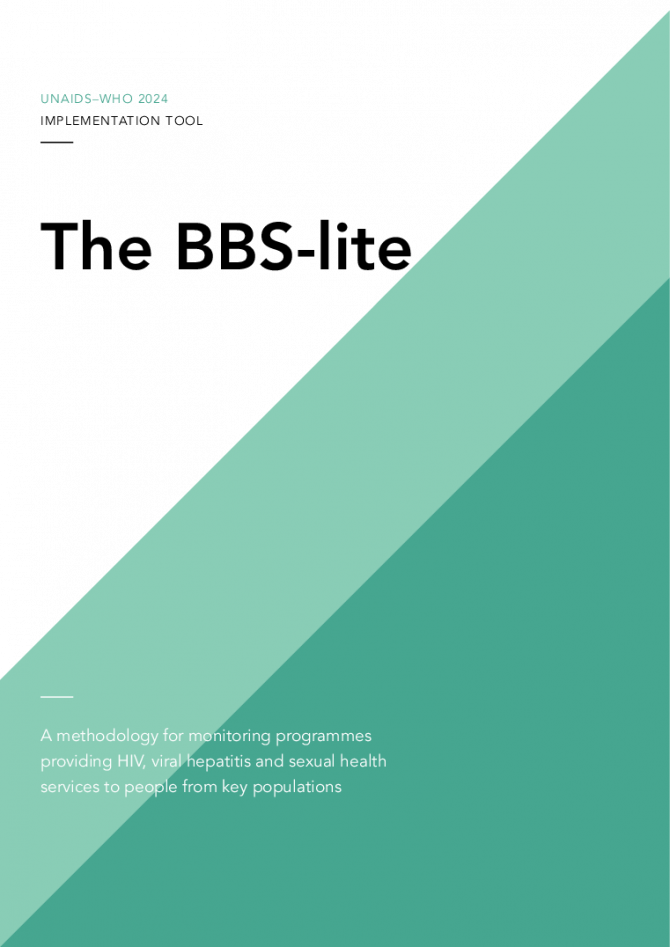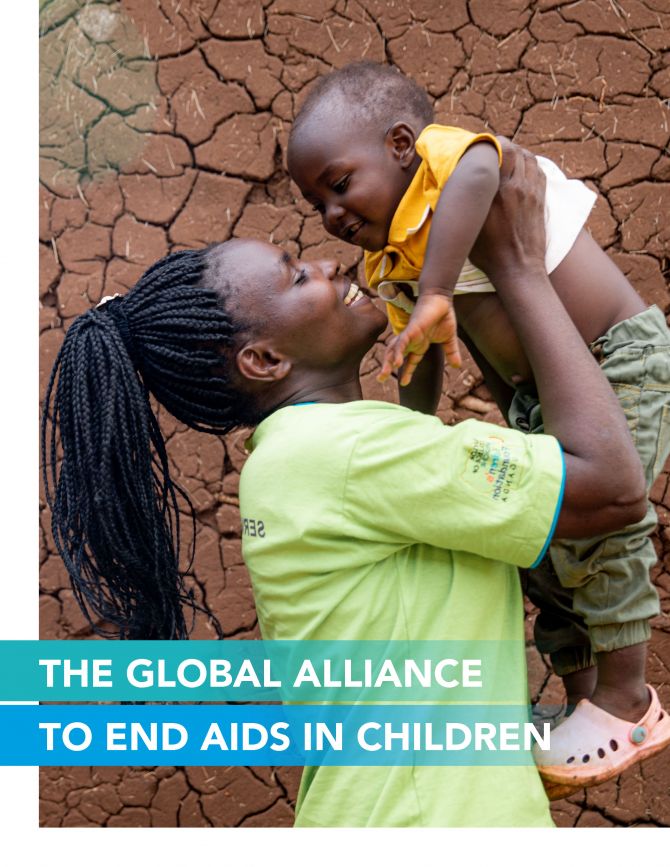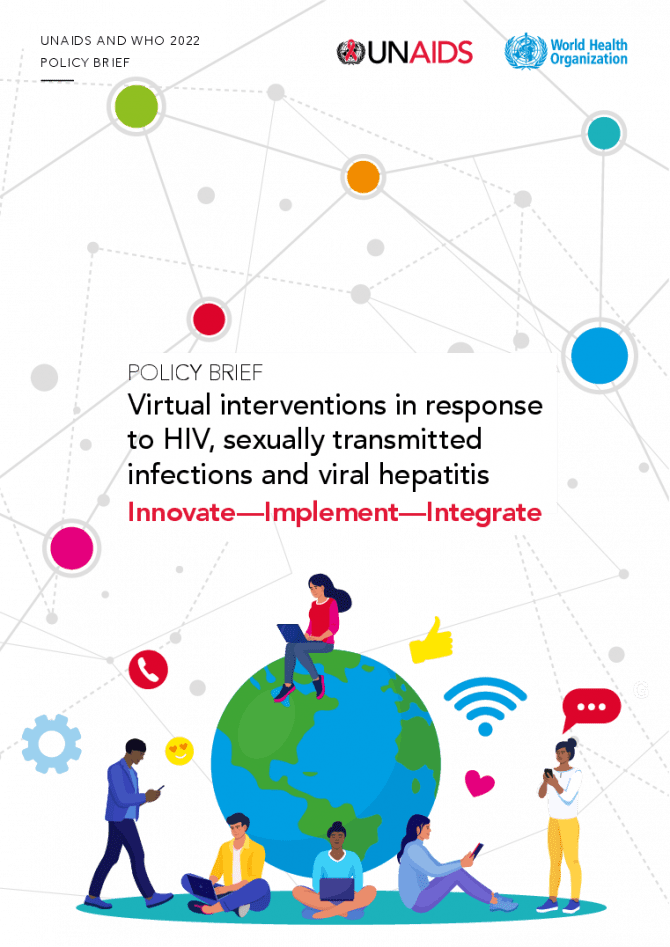WHO’s Department of HIV/AIDS is the main unit responsible for HIV. It develops key normative policies on the virus and supports countries with strategic information and guidance in their programme and policy implementation. The department also coordinates with other WHO units working in HIV-related areas, such as tuberculosis and maternal, new-born, child, adolescent and reproductive health. Key strategic priority fields for 2015 include the following:
Strategic use of antiretroviral therapy for HIV treatment and prevention: WHO guidelines on using antiretroviral therapy for treating and preventing HIV infection promote a public health approach for increasing access and stress the need for harmonized, simplified and effective drug regimens. In 2013, for the first time, WHO issued a single set of consolidated guidelines that addressed the use of antiretroviral therapy for treatment and prevention across all age groups and populations.
Eliminating HIV among children and expanding access to paediatric treatment: WHO and UNICEF provide technical support and guidance to broaden and strengthen integrated and comprehensive services to help eliminate mother-to-child transmission of HIV. This includes setting country targets to eliminate HIV among children using national prevention and treatment protocols.
An improved health sector response to HIV among key populations: it is important to expand access to HIV services for key populations, tailoring these services to meet their specific needs. This will necessitate integrating HIV programmes with other relevant health and social services and addressing structural obstacles, such as stigma and discrimination.
Further innovation in HIV prevention, treatment and care: WHO strives to work with partners to improve the scale, quality, effectiveness and efficacy of HIV services and approaches and to modify and update such approaches as new evidence becomes available.
Effective strategic information for scale-up: WHO works with UNAIDS to develop standards, guidelines and tools to try to ensure that countries “know their epidemic”, and both organizations collaborate with national AIDS programmes to compile regular national and global strategic information updates. WHO also takes the lead in monitoring and evaluation of the health sector HIV response and helps countries to set national targets and indicators.
Stronger links between HIV and related health outcomes: WHO recognizes the importance of strengthening links between HIV and other relevant health programmes, not only for sexual, reproductive, maternal and child health, but also in such areas as drug dependence and harm reduction, emergency care and nutrition.
Additional information is available who.int/hiv/en/.

